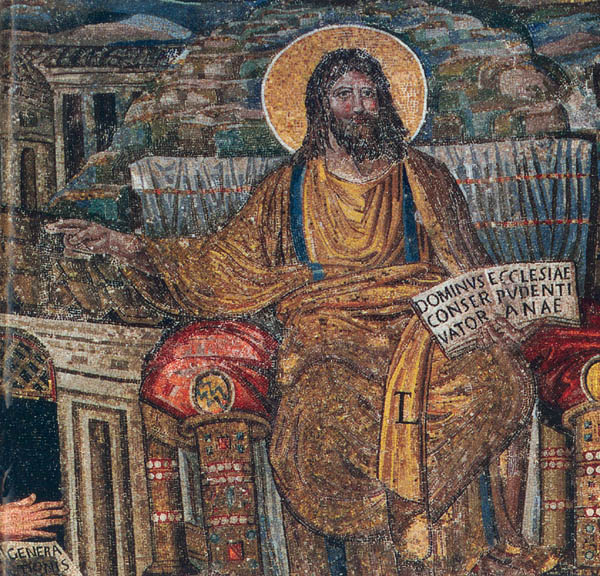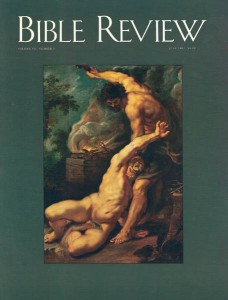
Over the years, when editors and journalists have asked me to write about the historical Jesus, almost invariably the first question they raise is: Can you really prove he existed? The implication is that the biblical evidence for Jesus is biased because it is encased in a theological text written by committed believers.
What they really want to know is: Is there extra-biblical evidence from the first century A.D. for Jesus’ existence?
Although most people are unaware of it, the answer is yes. Moreover, in all probability this extra-biblical evidence not only provides evidence of Jesus’ existence, but, as I shall try to show, includes a number of salient facts about his life that confirm the basic outlines of the four canonical Gospels.
The author of this extra-biblical evidence is Flavius Josephus, a fascinating figure in his own right. Josephus ben Mattathias (born 37/38 A.D., died after 100 A.D.) was by turns a Jewish aristocrat, a priestly politician, a not-so-eager commander of rebel troops in Galilee during the First Jewish Revolt against Rome (66–73 A.D.), a tricky turncoat, a Jewish historian in the pay of the Flavian emperors and a supposed Pharisee. Captured by Vespasian in 67, he served the Romans as mediator and interpreter during the rest of the revolt. Brought to Rome, he composed there two great works: The Jewish War, written in the early 70s, and the much longer Jewish Antiquities, finished about 93–94.
Already a library member? Log in here.
Institution user? Log in with your IP address.

